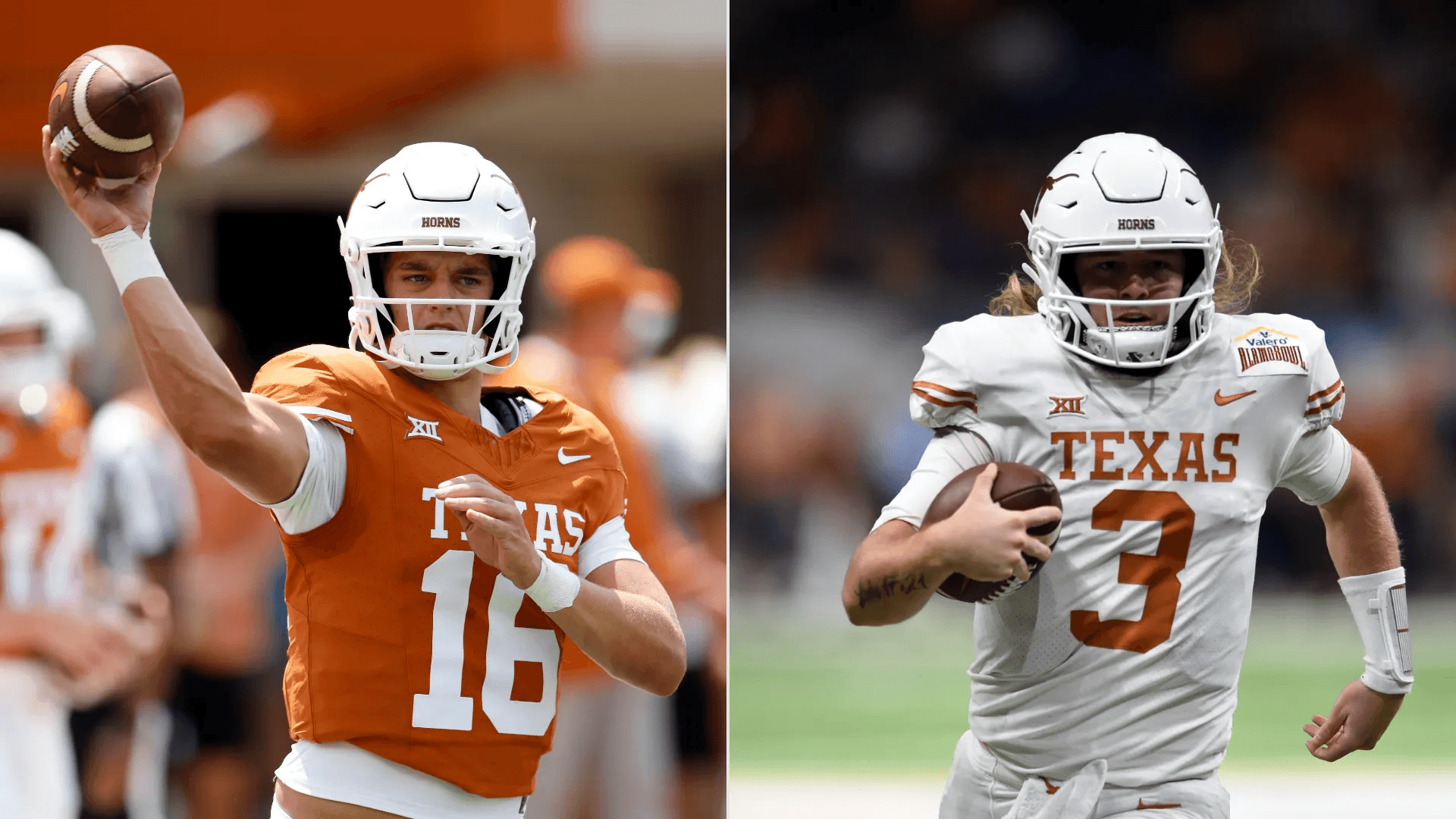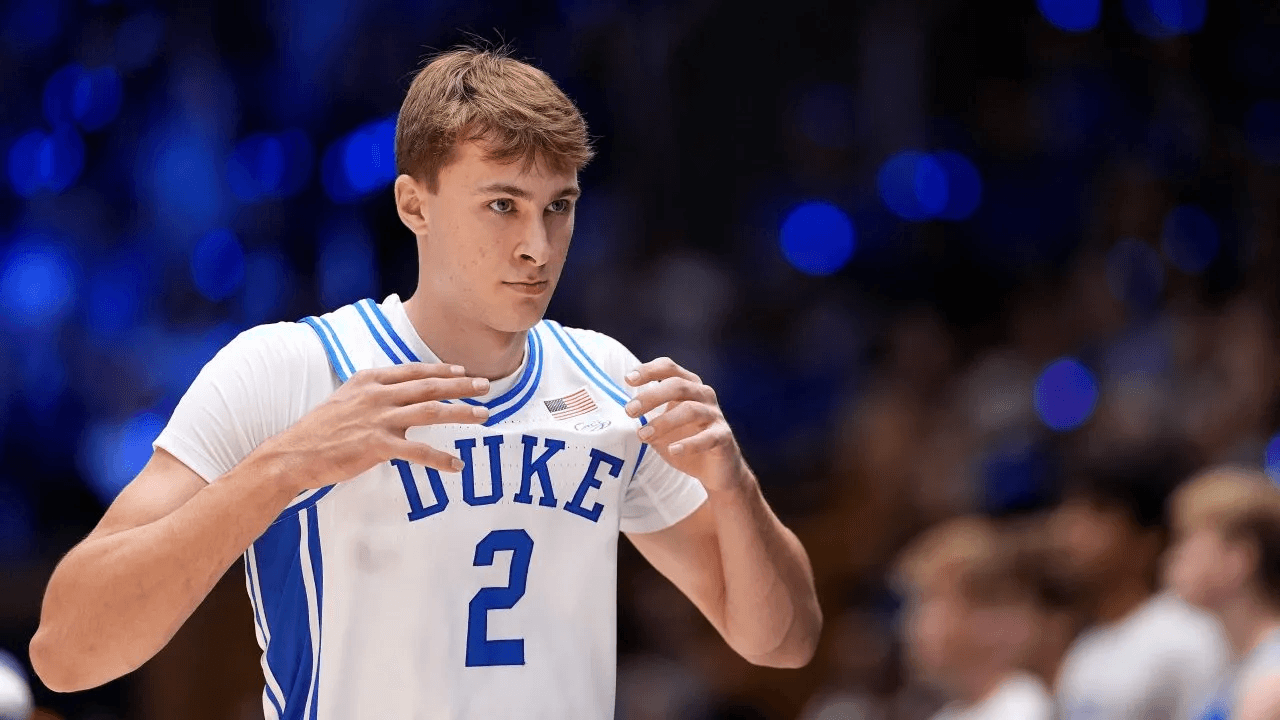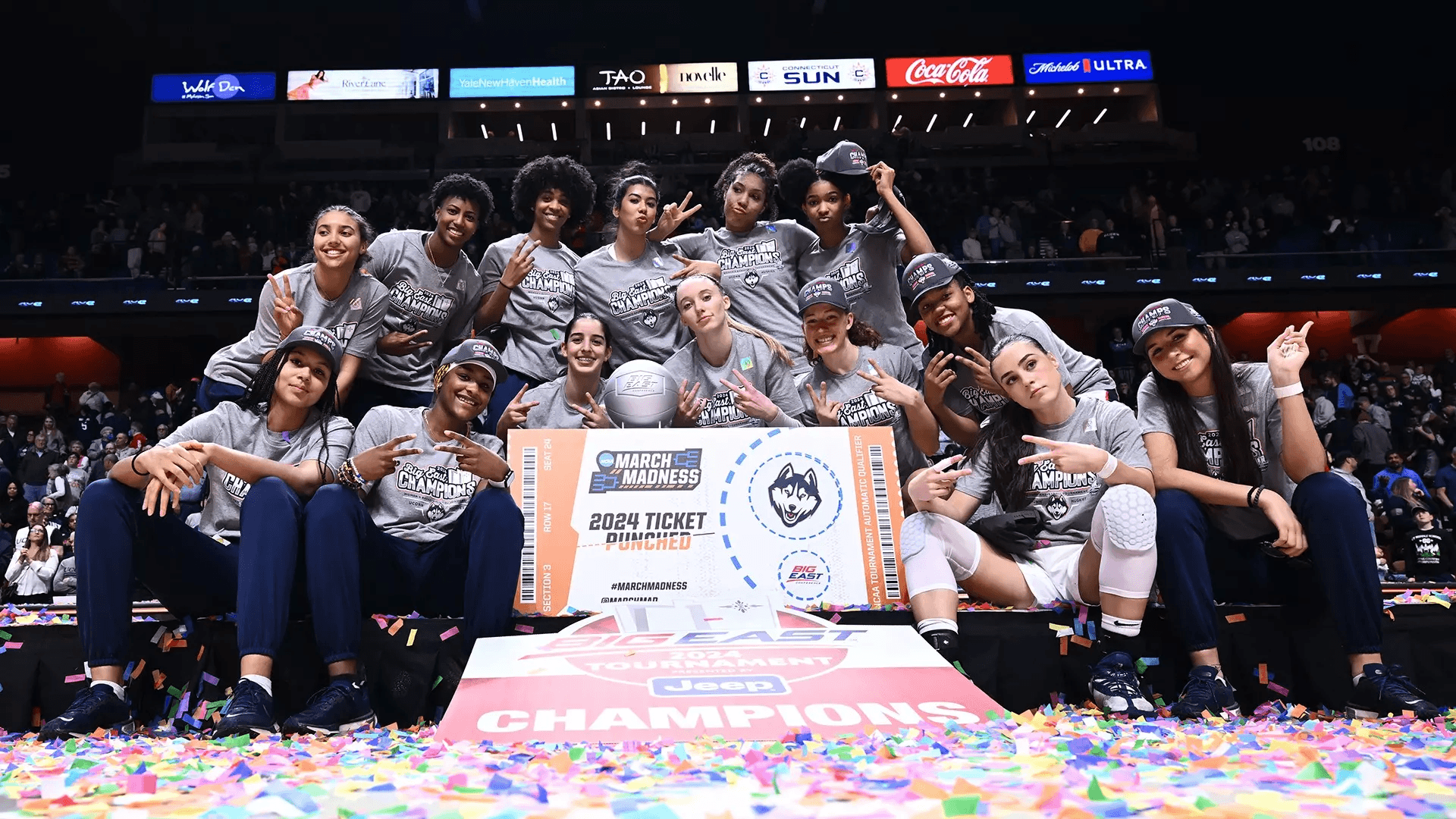Evaluating Athlete-Influencers
Analyzing the NIL Marketability of Quinn Ewers vs. Arch Manning: A Case Study
In the ever-evolving landscape of college football and NIL (Name, Image, and Likeness) deals, the quarterback position at the University of Texas has become a focal point for athlete brand partnerships. This blog provides a detailed analysis of the NIL marketability of two star quarterbacks: Quinn Ewers and Arch Manning. Their contrasting paths and unique strengths offer valuable insights into the dynamics of sports marketing in the collegiate arena.

The Quarterback Saga
When Heisman frontrunner Quinn Ewers suffered an oblique injury in Week 2, it opened the door for backup Arch Manning to showcase his talents. Manning's on-field success has not only positioned him as a potential heir to the Texas QB throne but has also significantly boosted his marketability in the NIL space.
Social Media Showdown
Quinn Ewers:
Total Followers: 242K
Engagement Rate: 6.8%
Average Reel Plays: 134K
2024 Follower Growth: 25%
Arch Manning:
Total Followers: 303K
Engagement Rate: 28%
Average Reel Plays: 792K
2024 Follower Growth: 32%
Analysis: Manning outperforms Ewers in all key social media metrics, showcasing higher engagement and more impressive growth. While Ewers has a stronger following in the 18-24 age range, Manning's family legacy helps him reach older demographics effectively.
NIL Partnerships: Experience vs. Potential
Quinn Ewers:
Total Partnerships in 2024: 9
Top Partnership: Hulu (1.2M Reel Plays)
Grade: A
Arch Manning:
Total Partnerships in 2024: Not specified
Top Partnership: EA Sports (1.3M Reel Plays)
Grade: C-
Analysis: Quinn Ewers clearly leads in the NIL partnership arena, boasting a significant number of deals in 2024. His top partnership with Hulu generated an impressive 1.2M Reel Plays, showcasing his ability to drive engagement for brands. The "A" grade reflects his strong performance and appeal to major companies.
On the other hand, Arch Manning's NIL portfolio appears less developed at this stage. While his exact number of partnerships isn't specified, his C- grade suggests room for growth. However, it's noteworthy that his top partnership with EA Sports slightly outperformed Ewers' best deal in terms of Reel Plays, hinting at Manning's potential for high engagement.
The Manning Legacy Factor
Arch Manning's family name brings unique value to his NIL potential:
Instant recognition and credibility
Appeal to a wider age range of fans
Potential for multi-generational marketing campaigns
This legacy factor could be a game-changer in future NIL deals and long-term brand partnerships.
The Impact on College Athletes with Brand Deals
The Ewers vs. Manning comparison highlights several key trends in NIL partnerships:
Performance on the field can quickly impact marketability
Social media engagement is becoming as crucial as follower count
Family legacy and name recognition play a significant role in brand appeal
Versatility across different demographics is valuable for long-term partnerships
Implications for Sports Marketing
This case study offers valuable lessons for sports marketers:
Diversify athlete portfolios to include both established stars and rising talents
Focus on engagement metrics, not just follower counts
Consider the long-term potential of athletes, including factors beyond on-field performance
Leverage family legacies and storylines for more compelling brand narratives
The Future of NIL in College Football
As name, image, and likeness deals continue to shape college football, we can expect:
More sophisticated metrics for evaluating athlete marketability
Increased competition among brands for top athlete partnerships
Greater emphasis on storytelling and personal branding in NIL deals
Potential for collaborative deals leveraging multiple athletes' strengths
While Quinn Ewers currently leads in the number of lucrative deals and overall NIL dominance, Arch Manning's family legacy, superior social media engagement, and emerging talent suggest that his NIL potential could soon surpass that of Ewers. This dynamic showcases the fluid nature of NIL marketability in college sports and the importance of considering both current performance and future potential in athlete brand partnerships.
For brands and marketers in the college sports space, the Ewers vs. Manning comparison serves as a valuable case study in the complexities of NIL partnerships. It highlights the need for a nuanced approach that considers not just on-field performance and current popularity, but also engagement metrics, growth potential, and the unique narrative each athlete brings to the table.
As the NIL landscape continues to evolve, those who can effectively navigate these multifaceted considerations will be best positioned to create impactful, mutually beneficial partnerships in the exciting world of college football.
Oct 9, 2024
Corey Bruno
Here are some related blog posts you might be interested in reading



